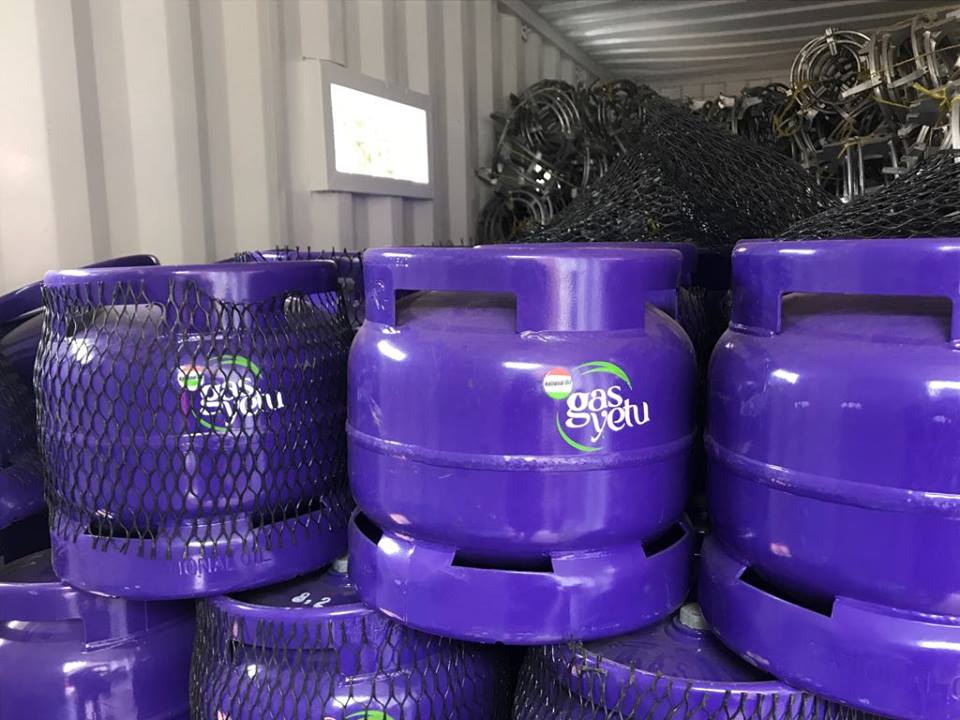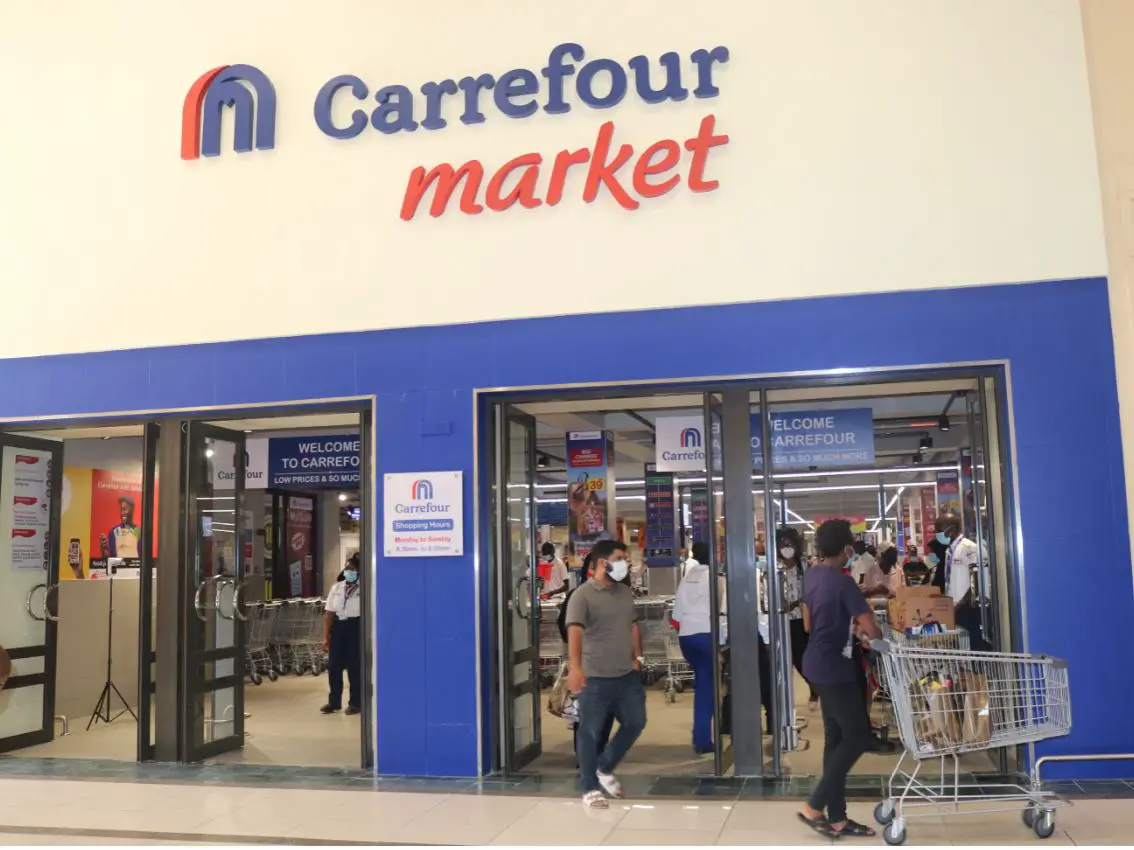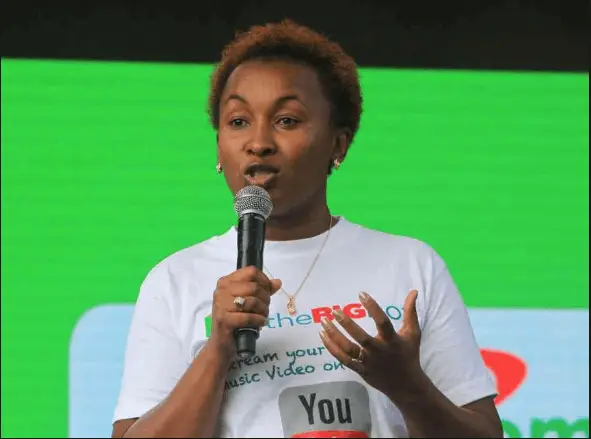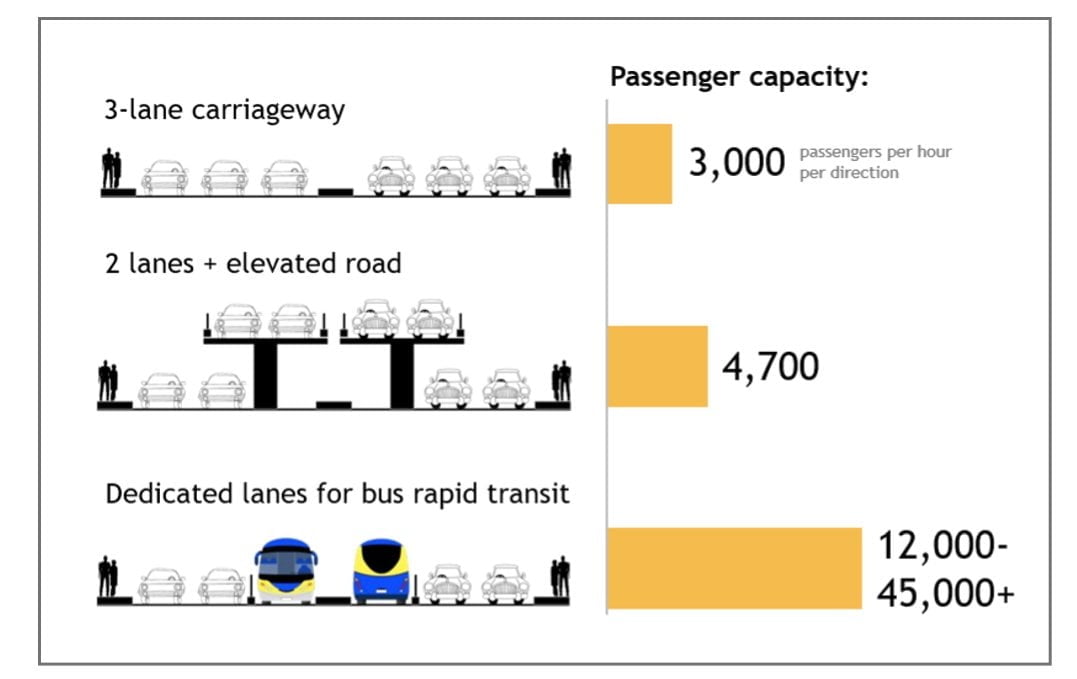The government has now announced plans to chop down the LPG monopoly engineered by a close ally and financer of Raila Odinga Mombasa-based tycoon Mohammed Jaffer.
Mombasa tycoon Jaffer Mohamed has been slowly building an LPG monopoly under his pink cylinders selling under the proton energy Kenya ltd company-the same company that is associated with the collapse of Mwananchi gas that was State-Sponsored.
Mwananchi Gas project was to sell under the Gas Yetu brand and was meant to safeguard the poor from respiratory diseases caused by the use of firewood for cooking. It was also meant to contain the rampant destruction of forests.

The Treasury has revealed intentions to relaunch the halted subsidy scheme for cheap cooking gas (Mwananchi gas) in July, providing help to households who have been affected by record LPG price increases.
Ukur Yatani, Treasury Cabinet Secretary, has identified the cooking gas distribution plan as a priority public expenditure under infrastructure development in the coming fiscal year, which begins in July.
The Ministry of Energy launched a cooking gas subsidy plan during the 2016/2017 fiscal year with the goal of reducing dependency on environmentally unfriendly kerosene and charcoal, which are commonly utilised in most rural and urban poor families.
According to the Business Daily, the draft Budget Policy Statement for the year starting July now shows that the Treasury expects to fund the supply of at least 300,000 cylinders. This is, however, only a small percentage of the target of three million that was outlined in the initial plan.
“Over the next three fiscal years, the government will strengthen…distribution of 300,000, six-kilogramme liquefied petroleum gas (LPG) cylinders to low-income households,” Mr Yatani says in Budget Policy Statement.
The 13-kilogramme cooking gas now costs Sh3,400, up from Sh2,250 in June before the government implemented the 16 percent tax at the start of the current fiscal year, putting the commodity out of reach for the majority of people. The six-kilogramme cooking gas now costs Sh1,600, up from Sh900 in June.
Gas Yetu was given Ksh2.2 billion for the period 2017-2019. A supplemental budget of Ksh700 million was allotted, bringing the total cost of the project to Ksh2.9 billion.
Millions of homes would have received subsidised 6kg cooking gas cylinders at a cost of Ksh2,000 under the initiative. Gas Yetu cylinders with burners and grills were to be distributed to more than 5 million households. The recipients will refill them for Ksh840 for each cylinder.
Nock trialled the initiative in Machakos and Kajiado counties beginning in October 2016, but it ran into issues after the State Audit Office discovered that Sh870 million had been spent with little benefit to taxpayers.
It was also revealed that unscrupulous contractors provided 67,251 defective gas cylinders out of almost 200,000 deliveries. According to the audit, the Ministry of Energy engaged 10 businesses in May 2017 to deliver various components of the LPG gas project at a total cost of Sh1 billion.

However, an investigation into what led to the collapse of the project reveals a well-calculated plan by Pro Gas owner Mohammed Jaffer to kill Gas Yetu.
It all started with a contract awarded by the Petroleum Ministry and the National Oil Corporation of Kenya (Nock) to a consortium led by Allied East Africa Ltd. Having gotten the tender, but with no capacity to deliver, the consortium turned to Mohammed Jaffer owner of Africa Gas and Oil (AGOL) which also owns Proto Energy Limited under which Pro Gas is sold.
This, however, seemed to be part of the grand plan to kill the project as then PS Andrew Kamau cancelled the tender purchase order of 357,000 cylinders despite money having been paid out to East Africa Allied and Mohammed Jaffer.
The PS also cancelled another purchase order of 700,000 cylinders with little explanation as to how the total budgetary allocation that had risen to Ksh2.9 billion had been spent.
In October 2018, the Consumers Federation of Kenya (COFEK) sued Government. COFEK told the court the Government’s ambitious program to buy and supply 5 million subsidized gas cylinders to low- and middle-income households by end of 2019 were in jeopardy as 60% of the cylinders delivered were faulty.
Pro Gas, with the assistance of then Energy CS Charles Keter, PS Njoroge, and other corrupt government officials from the Energy and Petroleum Regulatory Authority (EPRA) and Kenya Revenue Authority (KRA), continues to engage in unlawful and unfair trading practises in order to acquire a competitive advantage.
Pro Gas has been using intimidation techniques and sabotage to take cylinders from competitors, resulting in millions of shillings in damages. Despite numerous complaints to EPRA, no action is taken against Pro Gas.
There have been more than five inquiries against his enterprises’ unfair monopolies, notably Grain Bulk Handling Limited (GBHL), but no action has been done.
Jaffer has now totally taken over the importation, distribution, and retail operations in the LPG market by bribery, undercutting other firms and putting them out of business entirely.
Suits brought in court against Pro Gas, the Energy Ministry, and the EPRA are frequently dismissed because he pays witnesses and threatens anybody who gets in his way.





















































